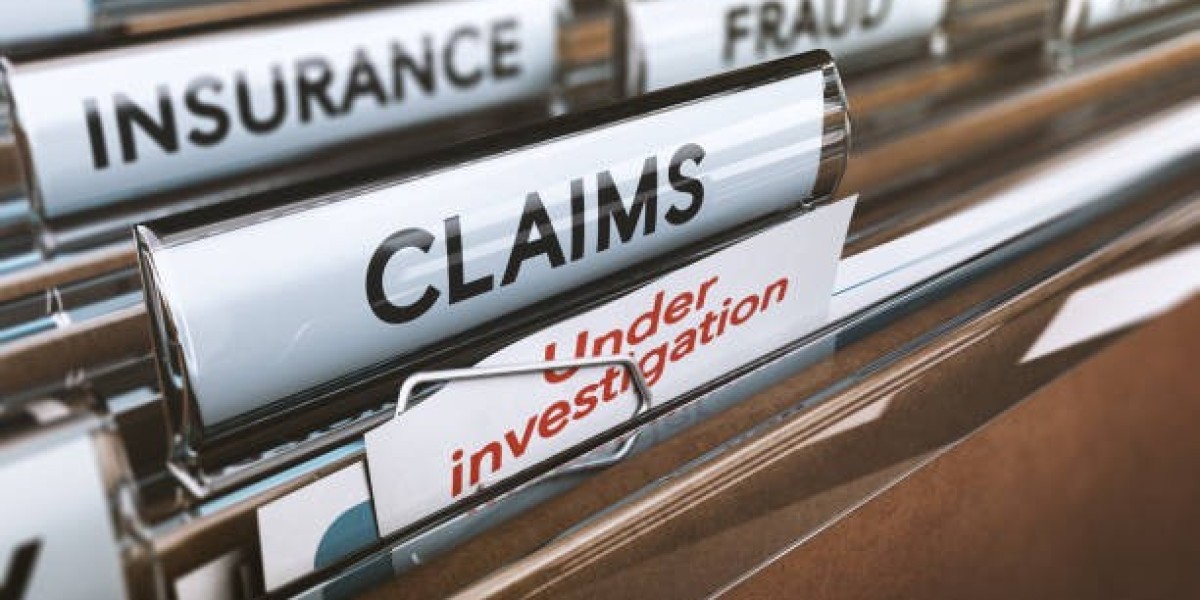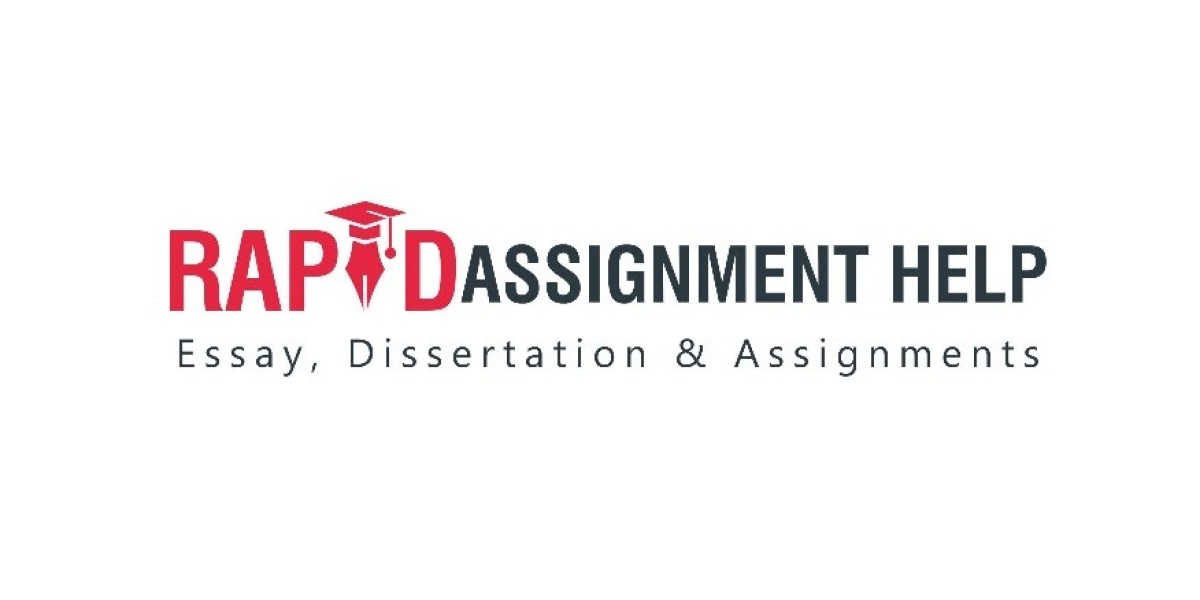Have you ever wondered what happens after a business files an insurance claim? Who steps in to assess the damage, determine the payout, and ensure the process runs smoothly? Enter the Commercial Claims Adjuster. These professionals play a crucial role in the insurance industry, helping businesses recover from losses and get back on their feet. In this article, we'll delve into the world of commercial claims adjusters, exploring their responsibilities, the skills they need, and the impact they have on businesses.
What is a Commercial Claims Adjuster?
A Commercial Claims Adjuster is a professional who investigates insurance claims related to businesses. Unlike residential claims adjusters who handle home and personal property claims, commercial adjusters focus on business-related claims, which can be more complex and involve higher stakes. Imagine them as detectives for the insurance world, piecing together the evidence to determine the validity of a claim and the appropriate compensation.
Responsibilities of a Commercial Claims Adjuster
So, what exactly does a commercial claims adjuster do? Here are some of their key responsibilities:
- Investigating Claims: They start by thoroughly investigating the claim, gathering evidence, interviewing witnesses, and inspecting the damage.
- Evaluating Damages: They assess the extent of the damage and determine the cost of repairs or replacements.
- Negotiating Settlements: Adjusters work with both the insurance company and the claimant to agree on a fair settlement.
- Documentation: They meticulously document their findings and the entire claims process, ensuring everything is recorded accurately.
- Reporting: Adjusters prepare detailed reports for the insurance company, outlining their findings and recommendations.
The Claims Process: Step by Step
Understanding the claims process can help demystify the role of a commercial claims adjuster. Here’s a step-by-step breakdown:
- Claim Filing: The business files a claim with its insurance company.
- Assignment: The claim is assigned to a commercial claims adjuster.
- Initial Contact: The adjuster contacts the claimant to gather initial information.
- Investigation: The adjuster investigates the claim, which may include site visits, interviews, and document reviews.
- Evaluation: The adjuster evaluates the damages and calculates the cost.
- Negotiation: The adjuster negotiates with the claimant to reach a settlement.
- Settlement: Once agreed, the settlement is processed, and the claimant receives compensation.
- Closure: The adjuster finalizes the claim, ensuring all paperwork is completed.
Skills and Qualities of a Successful Adjuster
Being a commercial claims adjuster requires a unique set of skills and qualities. Here are some of the most important ones:
- Analytical Skills: Adjusters need to analyze complex information and make informed decisions.
- Communication Skills: Clear and effective communication is crucial for dealing with claimants, witnesses, and insurance companies.
- Attention to Detail: The ability to notice and document even the smallest details can make a big difference in the outcome of a claim.
- Negotiation Skills: Adjusters must negotiate fair settlements that satisfy both the insurance company and the claimant.
- Problem-Solving Skills: They need to think on their feet and come up with solutions to various challenges that may arise during the claims process.
The Importance of Communication
Communication is a vital part of a commercial claims adjuster’s job. They act as the bridge between the insurance company and the claimant, ensuring that both parties are kept informed throughout the process. Effective communication helps manage expectations, reduce misunderstandings, and build trust. Think of the adjuster as a translator, converting complex insurance jargon into understandable language for the claimant and vice versa.
Common Challenges Faced by Adjusters
Like any profession, being a commercial claims adjuster comes with its own set of challenges:
- High Stakes: The financial impact of commercial claims can be significant, adding pressure to make accurate assessments.
- Complex Cases: Commercial claims can involve intricate details and numerous stakeholders.
- Disputes: Negotiating settlements can sometimes lead to disputes, requiring tact and diplomacy.
- Emotional Stress: Dealing with businesses that have suffered losses can be emotionally taxing.
How to Become a Commercial Claims Adjuster
If you’re interested in becoming a commercial claims adjuster, here’s a roadmap to get you started:
- Education: Obtain a high school diploma or GED. Some positions may require a college degree in business, finance, or a related field.
- Licensing: Most states require adjusters to be licensed. This typically involves passing an exam.
- Training: Gain experience through on-the-job training or internships.
- Certification: Consider obtaining certifications such as the Associate in Claims (AIC) designation to enhance your credentials.
- Continued Education: Stay updated with ongoing education and training to keep up with industry changes.
Technology and Tools Used in Claims Adjusting
Technology plays a significant role in modern claims adjusting. Here are some tools that adjusters commonly use:
- Claims Management Software: Helps in tracking and managing claims efficiently.
- Drones: Used for inspecting damage in hard-to-reach areas.
- Mobile Apps: Enable adjusters to document claims on-site and upload information instantly.
- Data Analytics: Assists in evaluating claims and detecting fraud.
The Impact of Commercial Claims Adjusters on Businesses
Commercial claims adjusters play a crucial role in the recovery process for businesses. They help ensure that businesses receive fair compensation for their losses, allowing them to rebuild and continue operations. This not only benefits the individual business but also contributes to the overall stability and growth of the economy.
The Future of Commercial Claims Adjusting
The field of commercial claims adjusting is constantly evolving. Here are some trends to watch:
- Automation: Increasing use of AI and automation to streamline the claims process.
- Remote Assessments: More remote inspections and virtual assessments, especially post-pandemic.
- Advanced Analytics: Greater use of data analytics to improve accuracy and efficiency.
- Customer-Centric Approaches: Enhanced focus on customer experience and satisfaction.
Conclusion
Commercial claims adjusters are the unsung heroes of the insurance industry, helping businesses navigate the aftermath of a loss and ensuring they receive fair compensation. Their role is complex, demanding a blend of analytical skills, effective communication, and a knack for problem-solving. As the industry evolves, the importance of their work only grows, making them an essential part of the business world.







